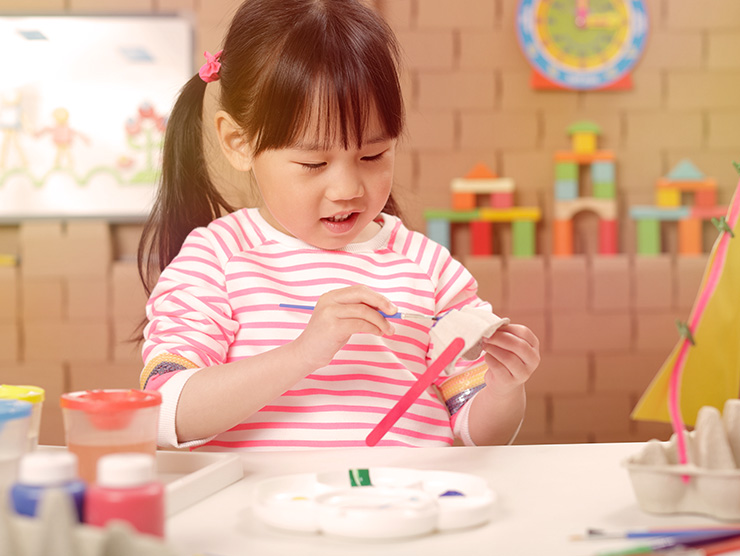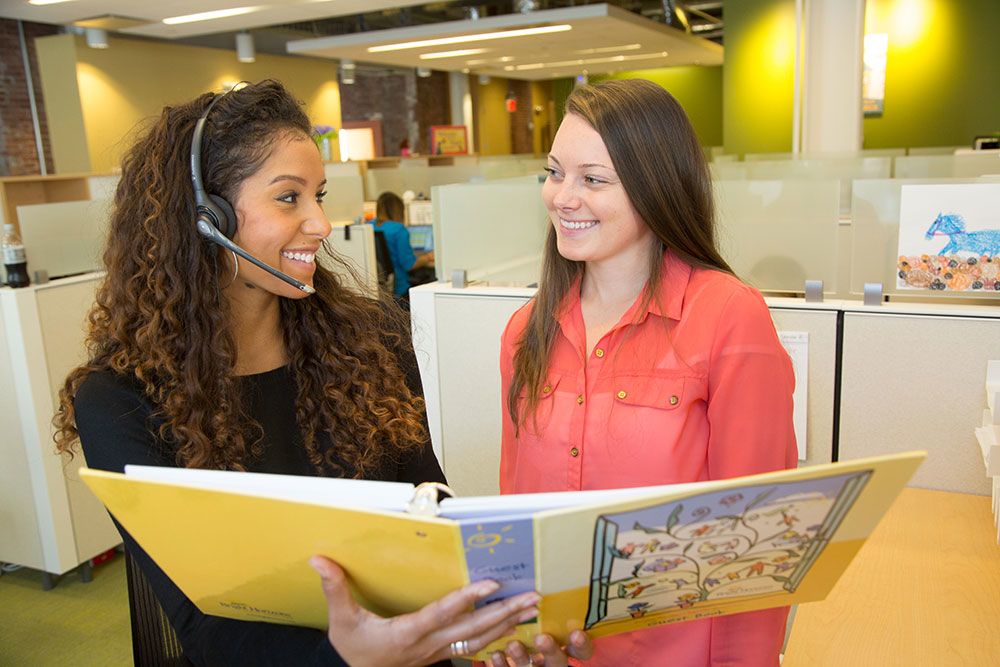"We couldnt agree on anything when we were married. How could we possibly agree on how to discipline our children now that we are divorced?"
Many of us, married or otherwise committed, find it difficult to agree on the best approach to positive guidance for children. It would seem, then, that for divorced or separated parents this would be an even more difficult task. The good news is that many families figure out a way to maintain consistency in positive parenting guidance for children even though the parents no longer live together in the same home.
According to Dan Gartrell, author of the parenting book "Educating for a Civil Society: How Guidance Teaches Young Children Democratic Life Skills," guidance is "a way of teaching that nurtures each childs potential through consistently positive (sometimes firm, but always friendly) interactions." Positive discipline, on the other hand, focuses more on rewards and punishment without the positive coaching and modeling of appropriate behavior. Most early childhood and parenting specialists greatly prefer an approach using positive parenting guidance.
While some divorced parents may easily reach agreement on guidance techniques, others see it as an insurmountable obstacle. If you find yourself in the latter category, don’t give up hope. The positives of finding even a somewhat unified approach to raising children of divorce are well worth the effort for you and your children.
Your approach to reaching agreement depends first on how well you communicate with your ex-partner. If you are on good terms, the topic of guidance will be easier to broach. If communication is strained, you may want to seek the support of a family therapist or take a positive child guidance class together.
Here are a few tips to get you started.
Co-Parenting Tips to Try:
- If you agreed on child guidance principles prior to the divorce or separation, try to stick with those guidelines. In general, the same guidance principles should apply before and after separation/divorce.
- If you are struggling to reach agreement, talk to your children if they are old enough. Even children as young as four can understand when you explain simply that some things will be different with each parent. "When you are at your mommys home, she says it is okay to have a pillow fight. However, when you are at my home, we do it this way. . ." Most children can understand that there are different expectations in different places if it is explained clearly to them.
Divorced Parenting Mistakes to Avoid:
- Children of divorce often go through stages on their own where they favor one or the other parent, and that can be frustrating. For example, children might favor the parent they spend less time with because often that parent has to make fewer of the tough parenting decisions (saying "no" to a variety of requests or establishing the expectations of family life like cleaning ones room, washing dishes, etc.). Try not to take this personally. It is your childs way of sorting out his/her new relationships with each parent. And avoid feeding into it by striving to be the "fun" parent and putting your guidance principles on the sideline.
- Similarly, avoid saying negative things about the other parent. That can be very difficult at times, but it helps children to have a positive relationship with both parents and keeps them from getting caught in the middle. A helpful reminder from you to your child would be that in divorced families, children can love both parents.
- Avoid making your children the target of your anger when you are actually angry with your ex-partner. For example, when your child comes home with the pair of jeans you said shed have to save her money for first, its easy to take your anger out on your child. Instead, work the issue out directly with your ex-partner.
Children are constantly growing and changing and the issues at one age evolve into different issues as they get older. Decide when to pick your battles and when to let things go. Keep the larger goal in mind of providing stability and being a positive role model for your children. That may help you let some of the small things go. Also, find time to enjoy your children, focus on the positive as much as you can, and plan some fun family activities to do together. And remember that its okay to seek help - whether through a therapist, counselor, or trusted friend or family member - if things get overwhelming.
- Tips for parenting through divorce including how to tell your child and managing the transition.
- Learn how parent arguments affect children and how to keep squabbles in check.
- Tips and advice for explaining divorce to children from our online community.
- Get positive and proactive parenting techniques from Amy McCready, founder of Positive Parenting Solutions.





